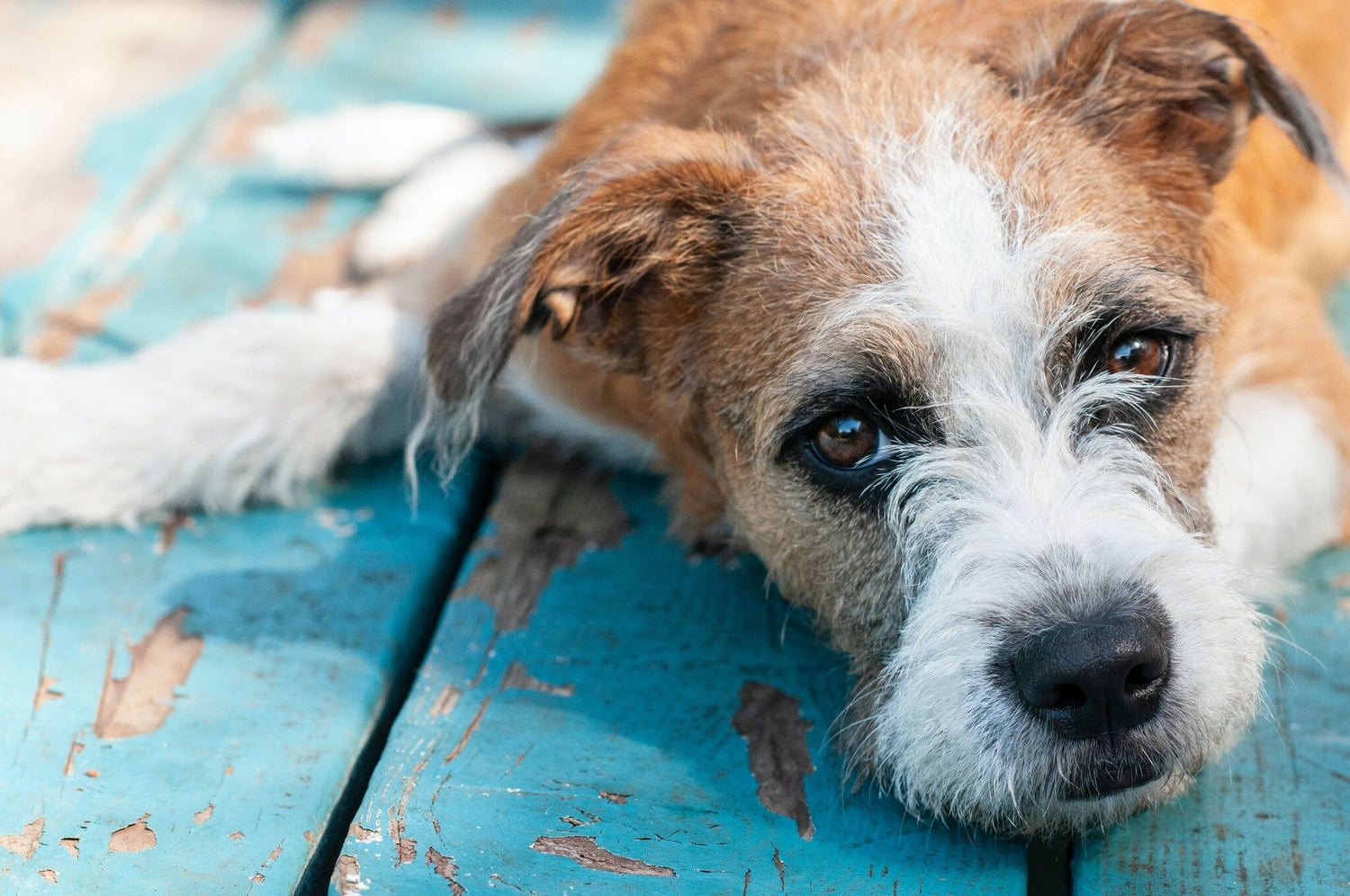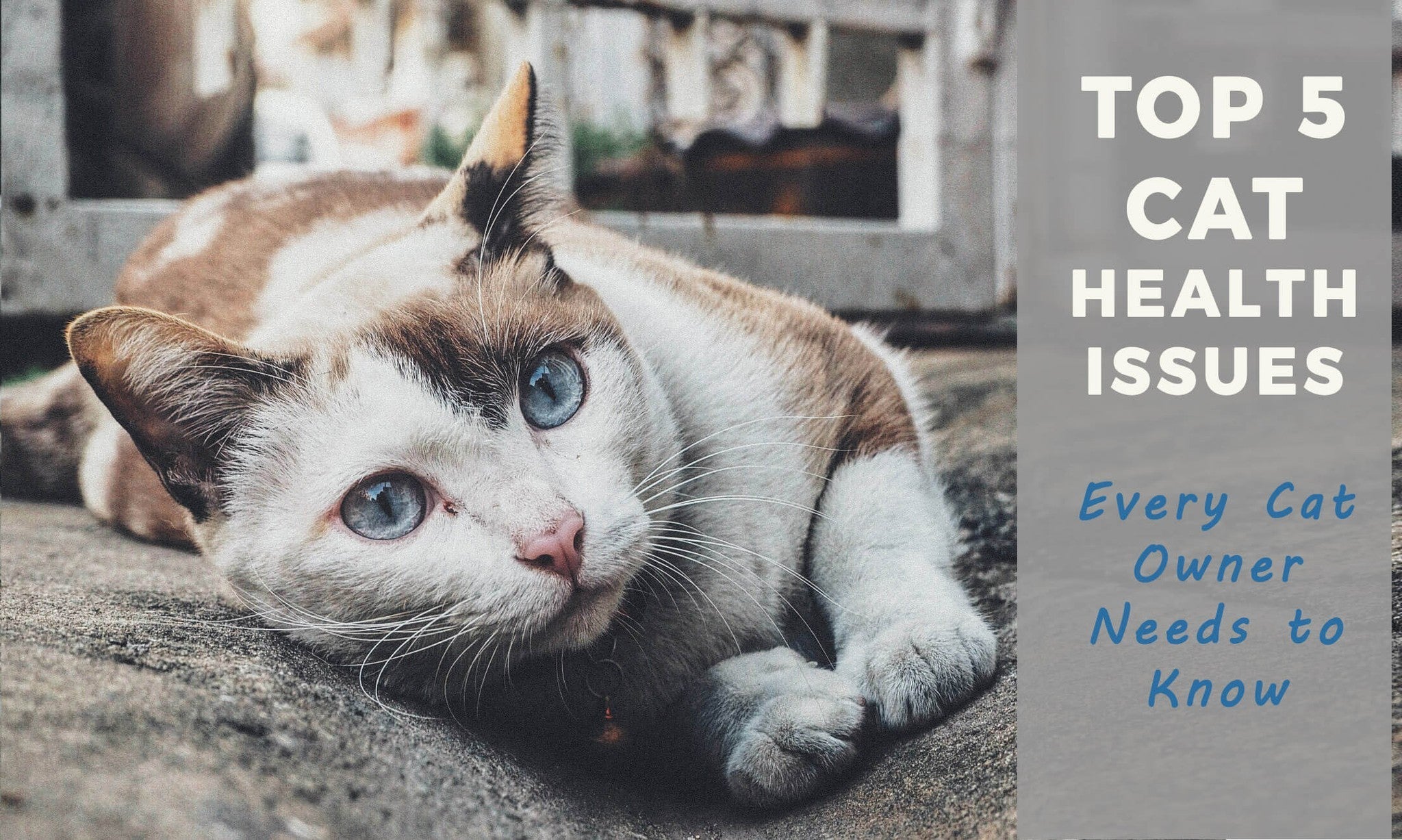When you adopt a new furry family member with a big heart and wagging tail, who benefits more? Both the pup and the new pawrent are so rewarded by the love and joy a new addition to the home brings. Bringing home a pup from the shelter does come with temporary risks though, and for many shelters, kennel cough in dogs is extremely common and contagious. It's like a cold for dogs and can spread easily when they're close together, like in boarding facilities and other places where there are many dogs. Before picking up your new friend, have our Breathe Easy Remedy for Dogs and BestLife4Pets' Dog Allergy Relief & Immune Support on hand to help your pup with any health challenges for a holistic and healthy start to their new life, or to have ready to help your current puppy love in the event of exposure to other illnesses.
Table of Contents
- 1. Why is my dog coughing?
- 2. What is kennel cough in dogs?
- 3. What does kennel cough in dogs sound like and what symptoms does the dog have?
- 4. How do dogs get kennel cough?
- 5. How is kennel cough in dogs treated?
- 6. Is kennel cough in dogs contagious to humans? Does kennel cough in dogs spread to cats?
1. Why is my dog coughing?
Coughing is not fun for humans or dogs, and a persistent cough is usually concerning. There are many things that can cause both us and our furry friends to cough, such as allergies, bad air quality inside and out, and sicknesses. Finding out why your dog might be coughing is the first step to helping them feel better.
Most coughs and runny noses are treated pretty easily, with homemade remedies. If you catch them early and start treatment, your dog will bounce back quickly to their usual activities like playing fetch and snuggling. However, it's important to know that some coughing in dogs might be serious.
If your dog seems more tired than usual, or is having trouble breathing, it might be a sign of a bigger problem. In these cases, it's important to get them to a homeopathic vet right away. If left untreated, these infections could be signs of bacterial infections that need medical care to prevent more serious illness.
2. What is kennel cough in dogs?
Canine infectious tracheobronchitis, commonly known as kennel cough, is a super contagious condition found in dogs. This respiratory infection affects a dog's airway causing worrisome symptoms, but is rarely serious.
Kennel cough in dogs is like human colds, which are caused by a variety of viruses. Even though most dogs recover without treatment, those with compromised immune systems or very old or very young animals may become really sick and need fast medical attention. This sickness can be caused by different kinds of tiny germs like viruses or bacteria. Once a dog catches it, they might start feeling sick in about five to ten days.
3. What does kennel cough in dogs sound like and what symptoms does the dog have?
When dogs have kennel cough they might:
- Keep coughing like they're choking or gagging
- Try to cough up something but nothing comes out and they gag
- Cough or drool out a foamy white liquid
Some dogs make a choking, coughing sound when they sneeze, called a reverse-sneeze, however that sound is different. Kennel cough is more of a harsh, honking sound, similar to a goose honking.
If the dog who is coughing is also lethargic, does not want to eat and/or drink, or has a very runny or stuffy nose, they might have pneumonia so see a trusted veterinarian right away.
Kennel cough in dogs usually gets better or goes away within a few days, but sometimes can last as long as three weeks. If the cough last longer than three weeks with home treatments, that is also when a trip to the trusted veterinarian is needed.

4. How do dogs get kennel cough?
Like it’s name, kennel cough usually happens when dogs stay in a kennel. A kennel is like a hotel for dogs when their parents are away or a shelter for dogs that need a home. Normally, kennels are safe places where dogs can stay and have fun. Before leaving your dog in a kennel, be sure to strengthen their immune system with BestLife4Pets' Dog Allergy Relief & Immune Support to protect your dog from germs and boost their immune defenses prior to being in a situation where they may be exposed to more illness. Stressful situations also stress out our immune system, and many dogs don’t love change, and find the kennel stay to be stressful.
Good boarding kennel facilities will be trained and follow rules to make sure dogs are happy and healthy. Unfortunately, some kennels are too full and not very clean. If a kennel isn't careful, dogs might breathe in germs that make them sick, especially if they don’t have good ventilation. However, even the best kennels can sometimes miss accepting a sick dog into the facility, especially being that it takes five to ten days between catching it and showing signs of sickness. With many dogs in a small area, a sick dog will spread the illness or cough to another. If the kennel does not follow proper health procedure, the dogs may get sick by breathing in germs.
That's why it's important to check out a kennel before leaving your dog there. Make sure it's clean and safe so your furry friend stays healthy and happy while you're away.
5. How is kennel cough in dogs treated or prevented?
Natural treatments, such as our Breathe Easy Remedy for Dogs, can aid in reducing the severity of the cough, reduce chest congestion, and aid the dog’s natural healing. To help your dog with the kennel cough symptoms in the comfort of your home, be sure to:
- Make the Air More Humid: Let your dog hang out in a steamy bathroom for 10-15 minutes each day. This can clear their stuffy nose.
- Minimize irritation caused by runny eyes and nose: Keep their eyes and nose clean by gently wiping away any gooey stuff with a damp tissue.
- Make their food irresistible: If they don't feel like eating much because their nose is stuffy, give them their favorite nourishing foods to make sure they get the nutrients they need to fight off the infection
Since this cough is so highly contagious, it is best to limit contact with other animals that may be infected. If you have other pets in the house, keep the sick dog in a separate area and don't let them eat from the same dog food bowl. Keep the infected dog away from the dog park and don't let them play with other dogs.
If you are able, keep your dog home and have them use a separate part of the yard for potty business if you have other dogs. Whenever bringing a new friend home, this is always the best idea to prevent any sicknesses from spreading. Again, if you need to leave your dog at a kennel, check to make sure the dog hotel or boarding place is well kept, clean and follows safety and health rules.
6. Is kennel cough in dogs contagious to humans? Does kennel cough in dogs spread to cats?
While normally kennel cough in dogs only spreads to other dogs, for people with compromised immune systems, very young humans or elderly humans, it may be possible for them to get sick from the infected dog. It is rare for cats to catch kennel cough from dogs, however again, if the cat has a compromised immune symptoms, them might get sick. If the kennel cough was caused by the bacteria Bartonella, cats are susceptible to that. Keep the affected dog away from people or animals who are possibly at risk, and be sure to wash your hands well after caring for them.
If you are bringing home a new furry family member, check our article on What To Expect With an Adult Rescue Dog.
Kennel cough in dogs is not a typically a serious condition for healthy dogs, so keep your pup's immune system strong and healthy to make any illness easier to overcome. If you notice your pet has signs of kennel cough, begin treatment as soon as possible. As always, if your dog may be dehydrated, seems depressed, or is very sick or lethargic, see a trusted veterinarian right away as they may need emergency treatment.



